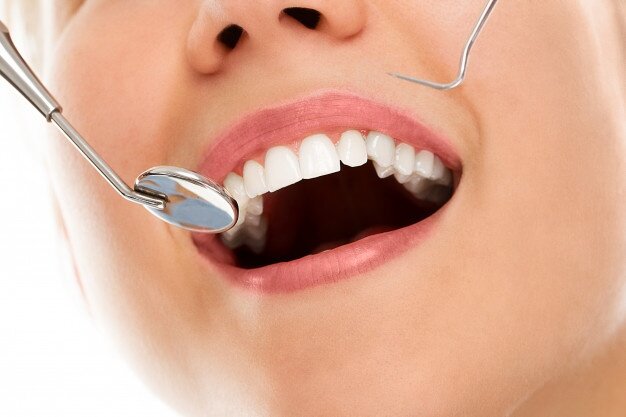- 18
- Jul
- 0

Essential Tips for Maintaining Healthy Teeth
Achieving and maintaining healthy teeth requires consistent care and attention throughout your life. Even if you have been praised for having great teeth, it is important to follow daily habits that support oral health and prevent future issues. Here’s a comprehensive guide on effective practices for keeping your teeth in top condition.
1. Brush Your Teeth Every Night
One of the most fundamental steps in dental care is brushing your teeth at least twice daily, including before bed. Many people overlook this crucial step, but brushing at night removes the germs and plaque that build up throughout the day. Neglecting this routine can lead to plaque accumulation, which can cause tooth decay and gum disease.
2. Brush Correctly
How you brush your teeth is just as important as how often you brush. Use a soft-bristled toothbrush and gentle, circular motions to clean your teeth effectively. Avoid brushing too hard, as this can damage your gums and tooth enamel. Proper brushing technique helps remove plaque and prevents the buildup of tartar, which can lead to more serious dental problems.
3. Don’t Forget to Clean Your Tongue
Plaque can also accumulate on your tongue, which may cause bad breath and other oral health issues. Make sure to gently brush your tongue every time you brush your teeth to maintain fresh breath and prevent bacterial growth.
4. Choose a Fluoride Toothpaste
When selecting toothpaste, look for one that contains fluoride. Fluoride is essential for dental health as it helps prevent tooth decay by fighting harmful bacteria and strengthening the enamel. Despite concerns about fluoride, it remains a key component in effective dental care.
5. Floss Regularly
Flossing is as important as brushing for maintaining oral health. It helps remove food particles and plaque from between your teeth and under the gumline where a toothbrush cannot reach. Flossing once a day can reduce plaque buildup and gum inflammation, which are crucial for preventing cavities and gum disease.
6. Overcome Flossing Challenges
If you find flossing difficult, there are various tools available to assist you. Floss picks and dental flossers can be particularly useful for children and adults who struggle with traditional flossing techniques. These tools can make it easier to maintain your flossing routine.
7. Consider Using Mouthwash
Mouthwash can be a beneficial addition to your oral care routine. It helps reduce mouth acid, cleans areas that are difficult to brush, and strengthens teeth through remineralization. Choose a mouthwash based on your specific needs, whether it’s for sensitive teeth, children, or for general use, and consult your dentist for the best recommendations.
8. Drink Plenty of Water
Water is excellent for your overall health, including your dental health. Drinking water throughout the day helps wash away food particles and bacteria that cause tooth decay. It is especially beneficial to drink water after meals to help neutralize acids from food and drinks.
9. Eat Crunchy Fruits and Vegetables
Incorporating fresh, crunchy fruits and vegetables into your diet is good for your teeth. These foods not only provide essential nutrients but also help clean your teeth naturally and stimulate gum health. Avoid overly processed foods and encourage habits that promote chewing and jaw movement from a young age.
10. Limit Sugary and Acidic Foods
Sugar and acidic foods can erode tooth enamel and lead to cavities. While you don’t need to eliminate these foods completely, be mindful of their impact on your teeth. Reducing your intake of sugary snacks and acidic beverages can help maintain enamel strength and prevent dental issues.
11. Visit Your Dentist Regularly
Even with the best home care routine, regular visits to the dentist are necessary for maintaining oral health. Schedule checkups and cleanings at least twice a year. Your dentist can remove tartar, check for cavities, and address any issues before they become serious problems. Many dental insurance plans cover more frequent visits, so take advantage of this benefit if available.
Conclusion
Proper dental care is a lifelong commitment that involves both daily habits and regular professional checkups. By following these tips, you can maintain healthy teeth and prevent common dental problems. Always consult with your doctor or a healthcare professional before making significant dietary changes for your oral health. They can provide personalized advice based on your medical history and current health condition.
Note: If you have any health-related concerns, please call us at +91-9058577992 to receive a free consultation from our experienced doctors. Thank you.

Leave a Comment
You must be logged in to post a comment.